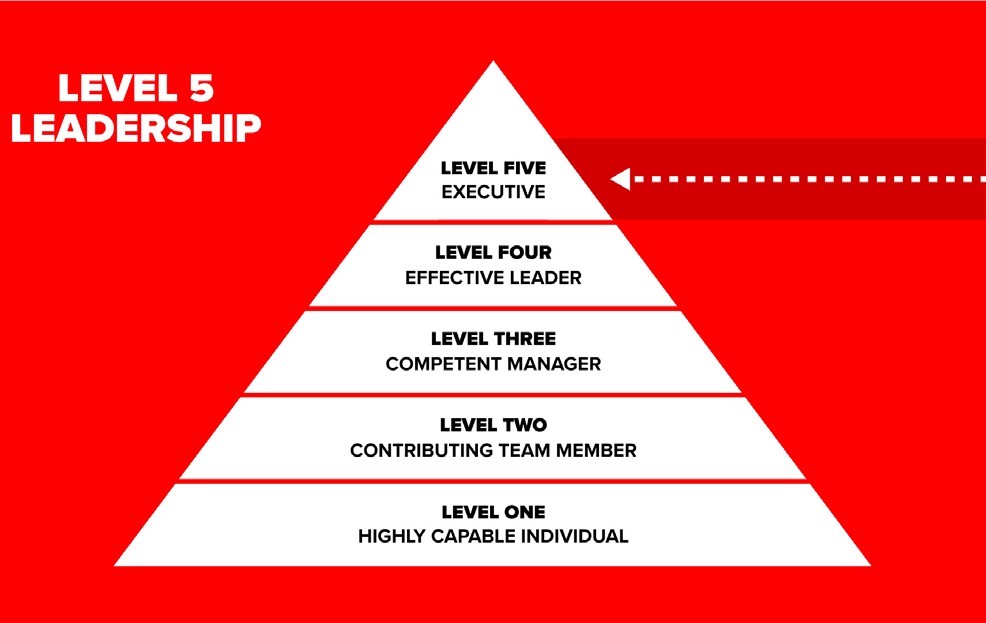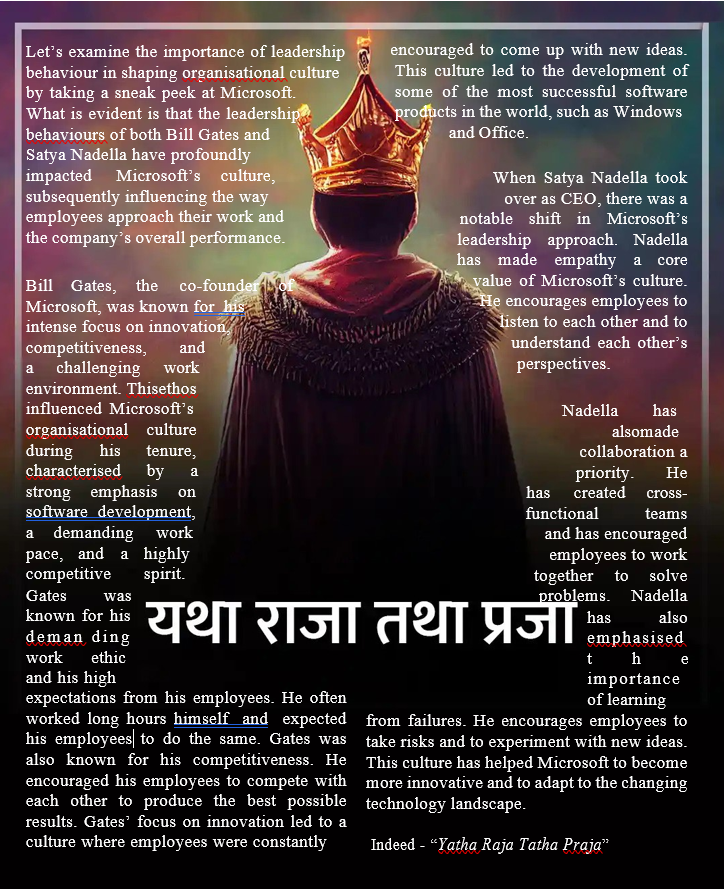TALENT COMPETENCIES IN NEW ERA
PART - 1
In this two-part series, readers will discover how force majeure events, technological progress and evolved management thinking have brought about a shift in business work patterns, necessitating the acquisition of fresh skills and abilities.
Embracing New Business Era
We are unquestionably on the brink of a new era in business and work. While numerous leaders aim to maintain the status quo, the point is why limit ourselves to the ‘conventional’ when advanced and intuitive technologies, and evolved management philosophies and business models enable us to elevate our business practices to a new level of excellence?
The evolving landscape of technological progress alongwiththeoccurrenceof massiveforce majeure events have brought about a transformation in business work patterns, necessitating a fresh set of skills and abilities from professionals in contemporary organizations.
Key proficiencies include digital literacy and tech savviness. Data analytics are vital skills for informed decision-making and enhanced
business intelligence. The pace of technological change requires adaptability and continuous learning, ensuring employees contribute to organisational agility and navigate dynamic markets.
Embracing advanced business management concepts like omnichannel structures, a massive transformative purpose and Level Five Leadership is becoming progressively essential to remain relevant in the 21st century.
With the rise of remote work, proficiency in virtual collaboration tools and effective communication is essential. Critical thinking and problem-solving skills are increasingly valuable as technology automates routine tasks. Cybersecurity awareness is crucial in safeguarding digital assets, and soft skills for virtual collaboration are essential for building positive working relationships in a digital environment.

Leaders are expected to actively promote and support the growth of skills like data analysis, critical thinking, and problem-solving within the organisation’s workforce.
This emphasis is crucial for improving decision- making and adaptability. Leaders also need to prioritise cybersecurity awareness to protect digital assets effectively. Cultivating a culture of continuous learning is equally important, fostering organisational agility.
Leaders should also understand that succeeding in a new business era involves more than just embracing advanced technologies and developing advanced skills.
It also requires a deep understanding of intrinsic motivation and how to apply it. Leaders in the 21st century will benefit from recognising that genuine motivation comes from personal desires and a sense of purpose.
Aligning strategies with these intrinsic factors can enhance engagement, productivity, and overall outcomes within the organisation. In this changing landscape, acknowledging and nurturing employees’ inherent motivation becomes crucial for creating environments where respect, meaning, and purpose come together, fostering individual growth and overall organisational success.
Keys to organisational productivity
The higher the motivation within an organisation, the greater its productivity and the more impressive the outcomes it achieves. Studies indicate that the most potent source of motivation stems from within — an individual’s inherent desire to engage in the work or attain a goal for personal reasons, rather than relying on external incentives such as bonuses, awards, or other extrinsic motivators commonly employed by leaders.
When employees experience a sense of respect, their engagement, motivation and productivity tend to increase. However, managers often face challenges in effectively expressing respect to their team members. As a result, employees frequently perceive a lack of value.
As work and personal life become more interconnected, individuals are increasingly searching for meaning in their professional endeavours. Research has revealed that the sense of meaningfulness frequently surpasses other aspects of employment, such as job security, income and opportunities for career advancement.
Consequently, there is a growing expectation for leaders to instil a sense of purpose within their people. When workers perceive a connection between their work and a broader organisational purpose, their motivation and performance levels rise. This presents managers and leaders with a chance to cultivate work environments that offer the sense of purpose essential for individuals to flourish.

Google is known for fostering a
work environment that emphasises intrinsic motivation and a sense of purpose. The company encourages employees to spend a significant portion of their work hours on projects of personal interest or passion, often unrelated to their primary job responsibilities. This approach, famously known as the“20% time” or “Innovation Time Off,” allows employees to pursue projects that align with their intrinsic motivations and interests.
This practice also empowers employees to find meaning and purpose in their work beyond the traditional extrinsic motivators like bonuses.
Google’s emphasis on giving employees autonomy and the opportunity to contribute to projects they find personally meaningful has contributed to a positive and highly motivated work culture. The result is a company known for innovation, creativity, and high employee satisfaction, supporting the notion that aligning work with intrinsic motivation and a sense of purpose leads to increased engagement and impressive outcomes.
Leadership Essentials
In a manner reminiscent of the historical relationship between kings and their realms, today’s business leader’s bond with the organisation is equally vital. Much like a king was anticipated to cherish, shield, nurture and bring joy to his kingdom, the leader must possess a genuine belief in the organisation, its purpose and its values; without this conviction, leadership is unattainable.

The leader must traverse various departments, ensuring visibility, and making the purpose of the business known to all. A genuine leader must communicate to the organisation’s members the direction in which they intend to lead and the approach they plan to undertake.
Effectively articulating the organisation’s purpose and vision requires finding a middle ground: giving clear guidance for behaviour, allowing room for independent thinking and creative problem-solving, and ensuring the mission is easy to understand for everyone.
Striking this balance can be difficult but is possible, especially when leaders live out the mission in their actions. Simply writing words, whether on a website or in leadership documents, isn’t enough to influence behaviour. Leaders need to personally demonstrate the standards they promote to have a real impact.
There is a Sanskrit proverb - “Yatha Raja Tatha Praja” - that translates to “As the king, so are the subjects” in English. This phrase reflects the idea that the behaviour and qualities of a king (the MD or CEO in the context of a business) influence the character and conduct of the people under the king’s rule.
It suggests a correlation between the actions of those in authority and the behaviour of the general population. In a modern corporate setting, it suggests that leadership has a significant impact on the employees and the overall work environment. It essentially implies that the values and principles demonstrated by those in leadership positions will likely permeate throughout the organization, influencing the attitudes and behaviours of the workforce.

The corporate culture established by the leadership sets the tone for the entire organization. If the leadership promotes a positive, inclusive, and innovative culture, it is more likely that employees will embody these values in their work. The attitude and behaviour of leaders can impact the morale and motivation of employees. A supportive and inspiring leadership style tends to lead to a motivated and engaged workforce.
(In the next and concluding part, we shall explore how a CEO must prioritise people before strategy, emphasising faith and commitment to constructing a sustainable organisational flywheel.)
